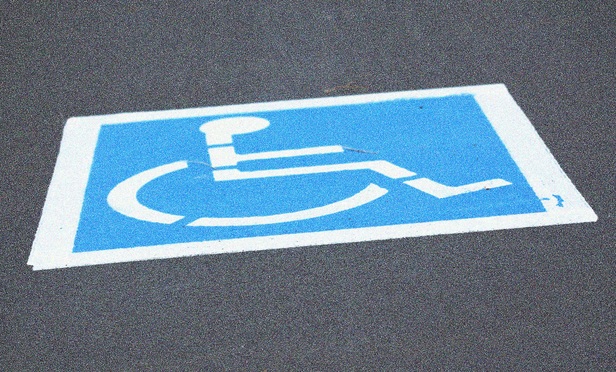When George H.W. Bush signed the Americans with Disabilities Act into law on July 26, 1990, its proponents believed that it would have a sweeping impact for disabled workers. Bush himself described the law as an “historic new civil rights act.” Yet, over the next decade and a half, judicial decisions steadily narrowed the categories of conditions that qualified as “disabilities,” and thus excluded many individuals from protection under the ADA. With the passage of the ADA Amendments Act on Jan. 1, 2009, Congress attempted to halt and overcome court decisions that had improperly limited the scope and intent of the ADA; and did so by expanding protections for individuals with disabilities. With July 26, 2015, marking the 25th anniversary of the ADA, disabled Americans have reason to celebrate as recent court decisions have strengthened and broadened their protections under the ADAAA.
1990-2008: Judicial Decisions Improperly Narrow the Scope of the ADA
In major Supreme Court cases such as Sutton v. United Air Lines Inc., 527 U.S. 471 (1999), and Toyota Motor Manufacturing, Kentucky, Inc. v. Williams, 534 U.S. 184 (2002), the Supreme Court allowed employers to discriminate against those employees whom Congress had drafted the ADA to protect, leaving many people without recourse after being fired for having conditions that their employers could, and should, have accommodated.
This content has been archived. It is available through our partners, LexisNexis® and Bloomberg Law.
To view this content, please continue to their sites.
Not a Lexis Subscriber?
Subscribe Now
Not a Bloomberg Law Subscriber?
Subscribe Now
LexisNexis® and Bloomberg Law are third party online distributors of the broad collection of current and archived versions of ALM's legal news publications. LexisNexis® and Bloomberg Law customers are able to access and use ALM's content, including content from the National Law Journal, The American Lawyer, Legaltech News, The New York Law Journal, and Corporate Counsel, as well as other sources of legal information.
For questions call 1-877-256-2472 or contact us at [email protected]






